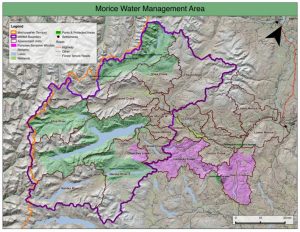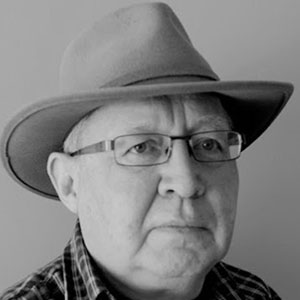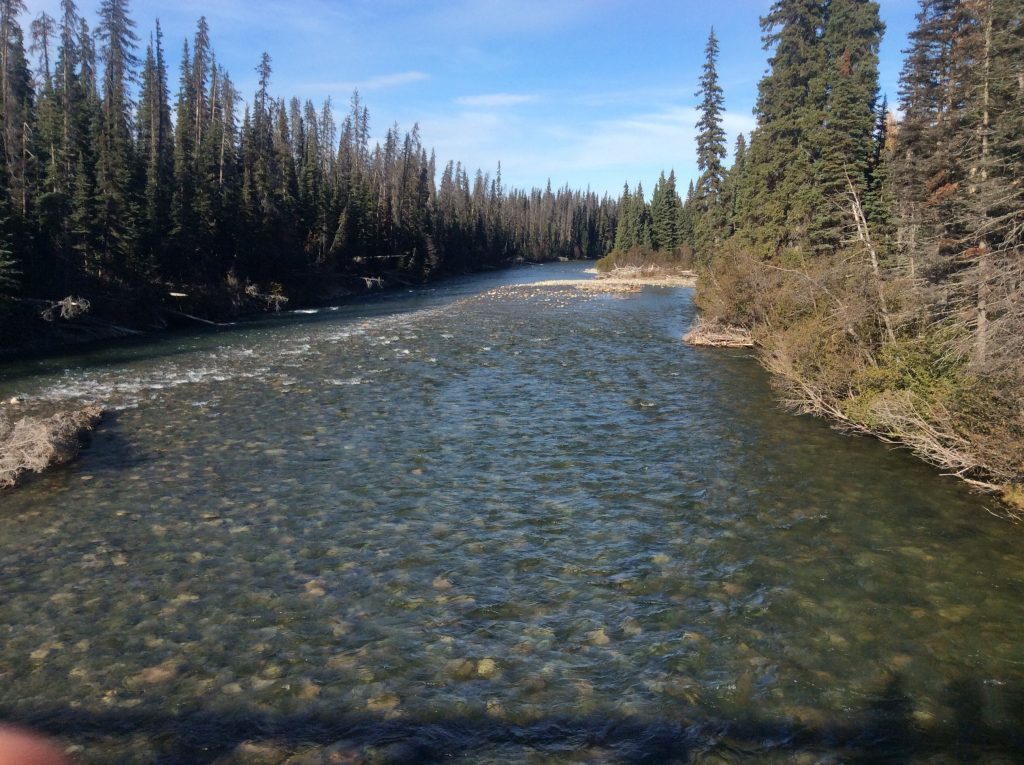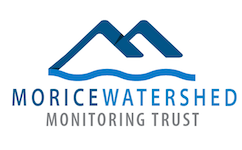ABOUT THE MORICE
The upper Morice River watershed is the heart of Wet’suwet’en territory and a freshwater haven to many fish species, including Pacific salmon (except chum), as well as many other aquatic flora and fauna. The Morice Water Management Area (MWMA) was created following the Morice Land and Resource Management planning process and is the focal area for Morice Watershed Monitoring Trust activities.
The desired outcome of the MWMA (as stated in the Morice LRMP) is:
‘To ensure that the habitat and water quality supporting salmon and other fish is not negatively impacted.’
Goals relevant to the MWMA have been developed during negotiation of Government-to-Government Agreements between the Province and Office of the Wet’suwet’en and the Morice LRMP process. In addition, management goals have been created through funding agreements and in developing a variety of management and issue-specific plans. The following initial goals and management questions for the MWMA were developed during the Implementation sessions in 2007-2008:
- Water quality and quantity suitable to sustain the health and well-being of the Wet’suwet’en (the intent being the protection of water quality, hydrologic integrity and salmon habitat);
- Water quality that supports aquatic life at a reference state;
- Sustainable water use practices; and
- Integrated land and water resource planning that utilizes the Wet’suwet’en Territorial Stewardship Plan.

The Morice Water Management Area (MWMA)
ABOUT THE TRUST

Sockeye salmon
During the Morice Land and Resource Management Plan (LRMP) planning process, the Wet’suwet’en chiefs voiced their interest in the protection of the upper Morice River watershed – the heart of the Wet’suwet’en traditional territory. The stated interests include maintaining the quantity and quality of country foods produced in this particular part of their territories, including water, in prime condition and free from contamination.
The result of a collaborative effort between the provincial government of BC and the Wet’suwet’en is reflected in the creation of the Morice Water Management Area (MWMA) within the upper reaches of the watershed. Upon release of the LRMP in 2007 and signing of agreements between the Office of the Wet’suwet’en and the Province, there was significant activity by both parties to develop an assessment framework and operational plan for the MWMA, which included an initial year of water quality monitoring in 2008.
Since 2008, there have been independent monitoring activities undertaken in the watershed by the Province, the Office of the Wet’suwet’en, and industry. Establishment of the Morice Watershed Monitoring Trust (‘Morice Trust’) began in 2012 following a generous grant from the Gordon and Betty Moore Foundation. In October 2015, monthly baseline water quality data collection began in the MWMA and continues into 2016.
ABOUT our trustees
DAVID DE WIT
Natural Resources Department Manager for the Office of the Wet'suwet'en
David de Wit is a Wet’suwet’en member of the Laksilyu Clan, belonging to the House on Top of Flat Rock (Tsekalbaiyex). David is the Natural Resources Department Manager for the Office of the Wet’suwet’en, representing the Wet’suwet’en Hereditary Chief’s vision for their territories, working as one for the betterment of all. David studied Integrated Resource Management in British Columbia and completed a Biology Degree at the University of Calgary.
His background involves wildlife habitat assessment, sensitive ecosystem preservation and wildlife corridor design. David is also actively involved in a number of local groups to facilitate interests of the Wet’suwet’en. Some of these groups include: Wetzin’kwa Community Forest Board of Directors, and the Northwest Community College School of Exploration and Mining Advisory Committee.


DON MORGAN
Ministry of Environment
Don Morgan is an independent natural resource management and systems researcher, formerly with the Ministry of Environment. His main research area focuses on methods for describing and analyzing socio-ecological systems with an emphasis on wildlife habitat supply. He applies innovative methods to explore uncertainty, particularly the impact of climate change on ecological processes and its interaction with resource management decisions.
He is a Registered Professional Biologist in British Columbia, and has a B.Sc. in wildlife biology and computational mathematics from Trent University, Peterborough, Ontario (1984), a B.Sc.(honours) from Carleton University, Ottawa, Ontario in Quantitative Ecology and Computer Science (1991), and a MSc in Natural Resources and Environmental Studies – Biology at the University of Northern British Columbia (2011).
WALTER JOSEPH
Wet'suwet'en Fisheries and Wildlife Manager
Walter Joseph has been the Wet’suwet’en Fisheries and Wildlife Manager since 1996, and is an adopted member of the Laksamisyu clan, Sun house, from the Gilseyu clan. His mother, Louise Joseph was from Nautley, and father, Walter Joseph Sr. from Hagwilget. Walter currently lives in Hagwilget, and has 3 children: Justin, Ryan, and Sarah.

RICK BUDHWA
Principal of Crossroads Cultural Resource Management
Rick Budhwa is the principal of Crossroads Cultural Resource Management located in Smithers, BC. He is currently working with several government agencies, First Nations and industry to help bridge differences in perspectives and establish cultural resource management (CRM) and indigenous land management initiatives. Over the past 20 years, Rick has been successful in creating and implementing alternative CRM methodologies for multiple stakeholders in British Columbia.
These initiatives have resulted in greater collaboration and holistic interpretations within CRM. Rick’s academic, professional and personal research includes; traditional land use, human interactions with their environment, catastrophic paleoenvironmental events, geomorphology, the similarities and differences between scientific and indigenous interpretations, indigenous archaeology, First Nations cultural and natural resource management, indigenous perceptions and interpretations of past and present, oral traditions and oral histories, and British Columbia legal proceedings and government legislation regarding traditional knowledge and oral traditions. Rick has a Bachelor of Arts degree from the University of Western Ontario in Anthropology, a Post Baccalaureate Diploma from Simon Fraser University in Archaeology, and a Masters Degree from Simon Fraser University in Archaeology, with an emphasis on Anthropology and First Nations Studies. Rick is a permit holding archaeologist in BC, and a member of the Canadian Archaeological Association, the Society for American Archaeology and the First Nations Environmental Assessment Technical Working Group. Rick also teaches anthropology, history and sociology at Coast Mountain College.


Our Trust Agreement
An innovative governance document with Wet’suwet’en Hereditary Chiefs as Settlors of the Trust
